The liberalised natural gas market is the only one that can respond to the multiple current challenges, including price transparency and competition between different energy sources, according to Chairman of the Intelligent Energy Association (AEI) Dumitru Chisalita.
"The interconnected and globally functioning system, with access to multiple sources, such as gas from different regions or LNG, ensures the security of gas supply, only at the existence of a fair price. The price cap means opening the way to increasing the risk in gas supply. However, liberalisation must be accompanied by smart demand-side solutions, such as energy efficiency and policies that protect vulnerable consumers, in order to avoid large price fluctuations that can affect household or company savings," the AEI official wrote in an analysis sent to AGERPRES on Friday.
He says that an analysis of the developments in the natural gas price established on the Romanian gas exchange and on the most representative market in Europe (TTF Netherlands), reveals that, although there have been countless interventions in the natural gas market in Romania, it has worked and ensured the security of the continuity of the natural gas supply to the final consumer.
"There are many voices that show that in Romania there is no way to have a gas market because there are only 7 gas producers, but the most conclusive proof of the functioning of the gas market is the continuity of gas delivery to consumers when the demand was higher than the gas sources. The market determined to cover the demand by purchasing gas the day before or during the day when the demand was higher than the sources.
It is imperative to get out of the rhetoric of the past when Romania was an isolated energy island that solved its energy problems by restricting consumption and to understand that today we are physically and commercially interconnected, that is, we are in a situation to have gas and energy continuously even when demand is much higher than our supply."
Chisalita adds that in his opinion, natural gas markets are global, with gas crossing borders between producers and consumers around the world. "Europe is lucky that, with the international rise of the TTF Netherlands gas exchange, global gas producers accept the European onshore price of gas in euros as a credible reference price."
This strategic market plays a crucial role in gas supply in Europe, including Romania, and in ensuring the efficient allocation of gas supply.
Also, analysing the price developments on the SPOT market in Romania (BRM) and the one in the Netherlands (TTF - the most representative gas market in Europe) it is possible to observe a correlation of prices between the two markets, a normal aspect considering that there is a single European gas market to which Romania also belongs.
"It can be seen (...) that there were times when the SPOT price of gas in Romania was lower than the price of gas in Europe and vice versa, an aspect due to the difference between supply and demand at a given time, but especially as a result of the influence of the gas market in Romania. The functioning of the Romanian market is evident even at the time of manipulation of the gas market, with the related price evolutions. Analysing the difference established between the price of SPOT gas in Romania and Western Europe, we can see that the functioning of the gas market in Romania and the use of BRM quotations have determined a Romanian saving of E|UR 215 million in the last 5 years, compared to the situation in which the Romanian actors would referred to the TTF Netherlands indicators."
The official adds that a "liquid, interconnected and efficiently functioning" gas market, with fair and transparent pricing for competing energies from various domestic and global sources, smart demand-side solutions and a stable legislative framework will ensure gas to consumers "continuously and at fair prices."
"It has been proven that a price cap does not lower the global energy market price (the EU capped the price in 2022 - 2025), but it can create upward price pressure and increased price volatility in Europe. Romania has capped the price of gas and we do not have lower gas prices than four years ago. The implementation of an artificial price cap in Europe, according to the Romanian model, would not address the changes in global gas valuations, determined by the evolution of supply and demand dynamics. On the other hand, it would likely damage confidence in the FTT and lead the global gas community to turn to other unregulated and therefore more representative reference prices that are mainly located outside the EU. If the price of gas is artificially capped below market value, Europe no longer offers a competitive price to attract LNG shipments, which would jeopardize supply in the short term. LNG has been redirected to Europe when needed, but the trend could disappear at a capped price."
Furthermore, the imposition of a price cap could jeopardise supply in the long term, as it would undermine Europe's credibility as a serious customer in the global gas market, and artificial price controls would make Europe a less attractive and reliable partner for suppliers, who might prefer markets where they can sell gas at competitive prices set by the market.

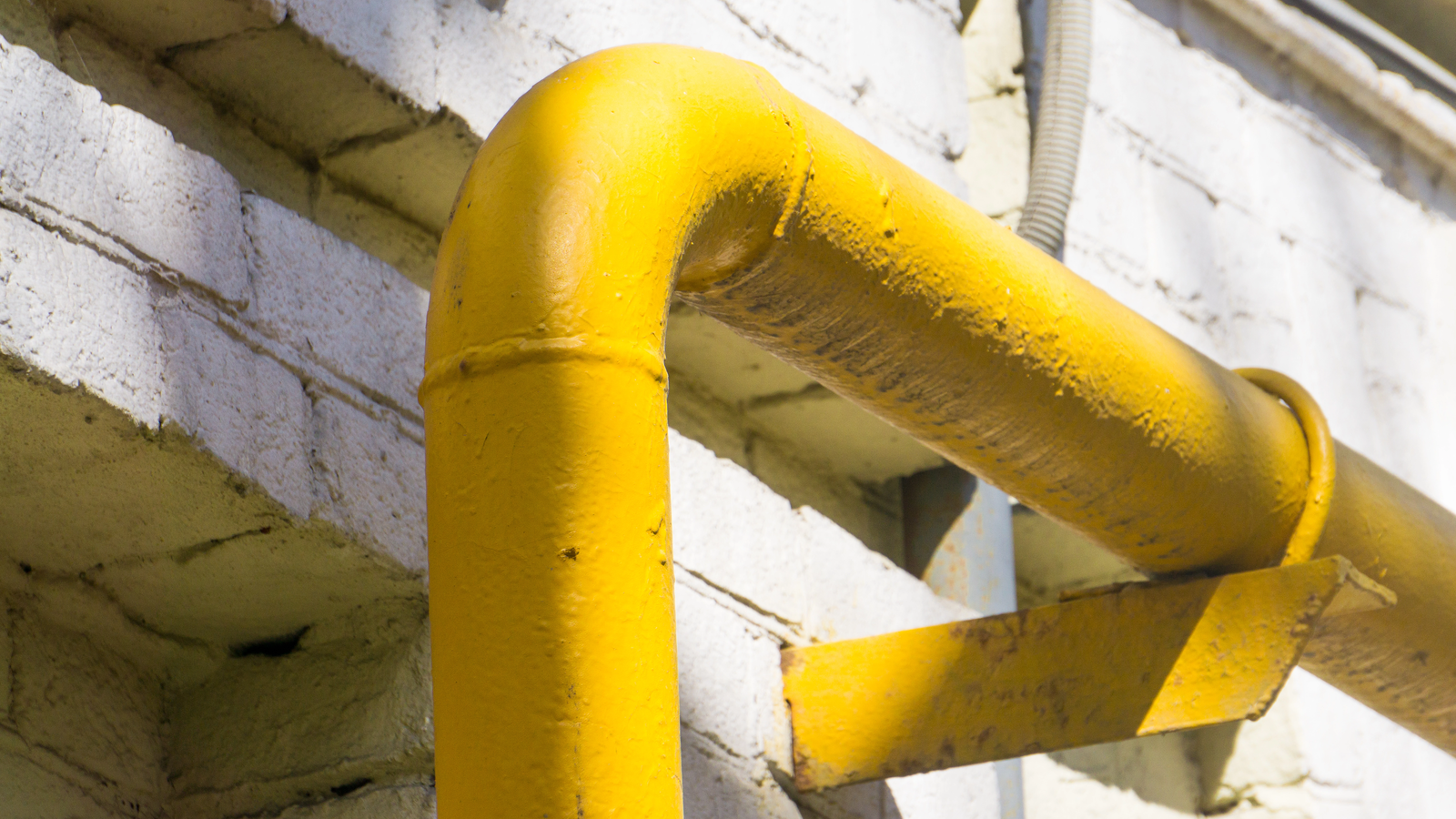

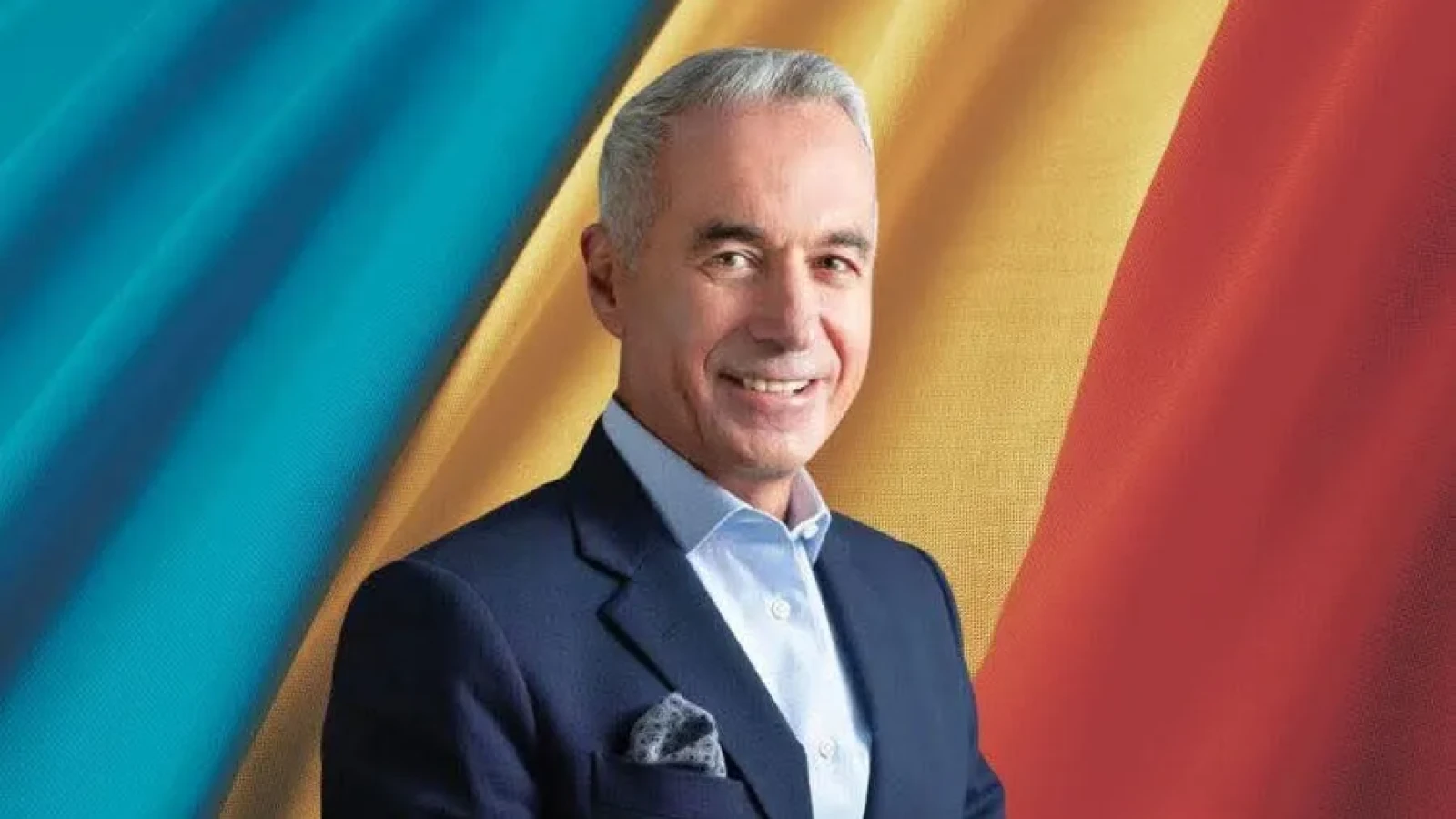

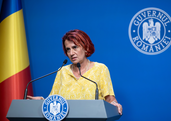
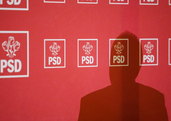

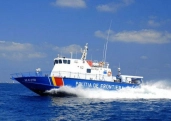

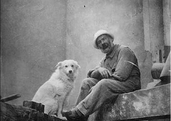
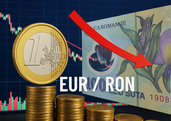
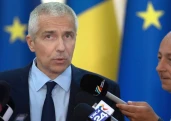

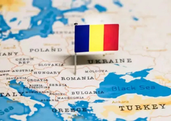





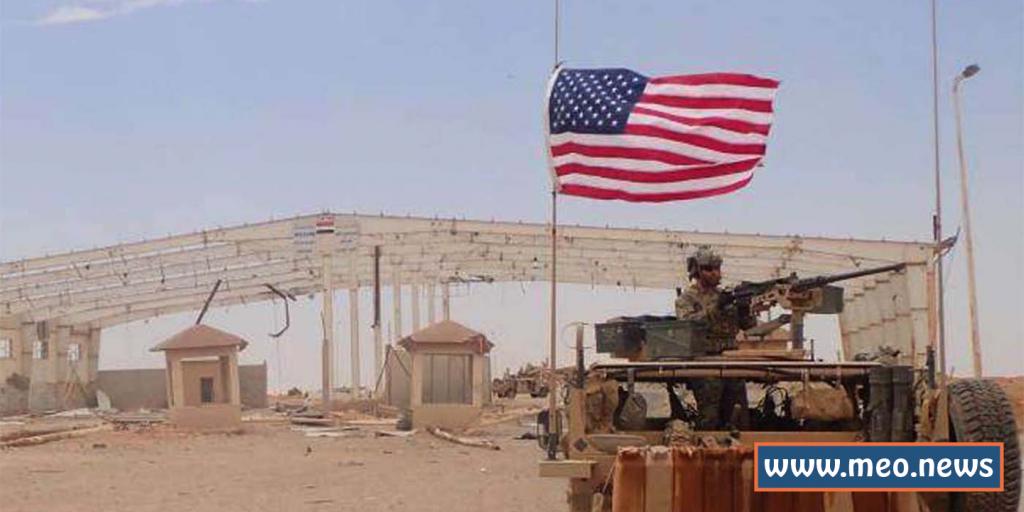

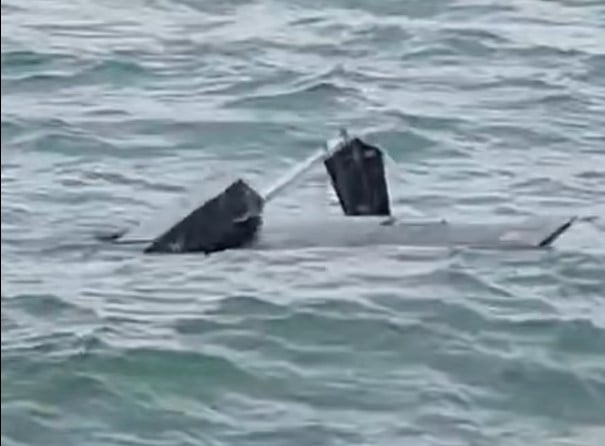
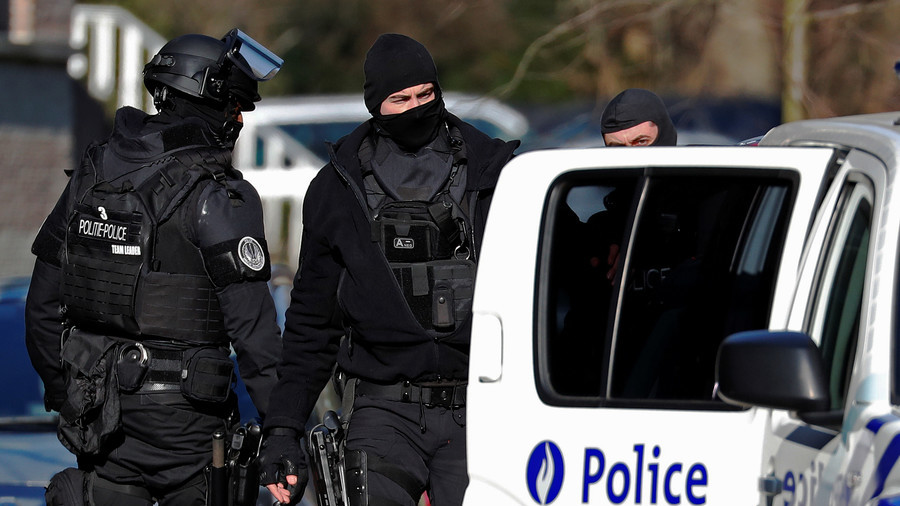








Comentează